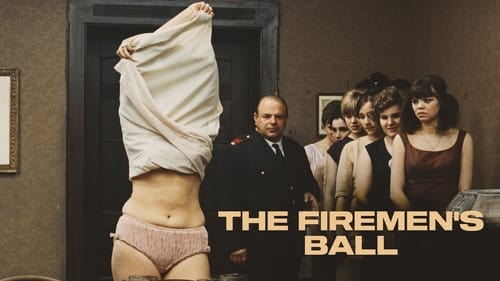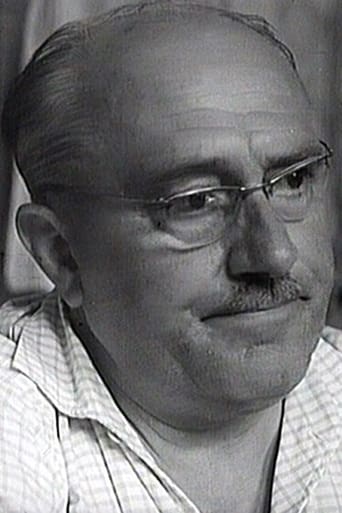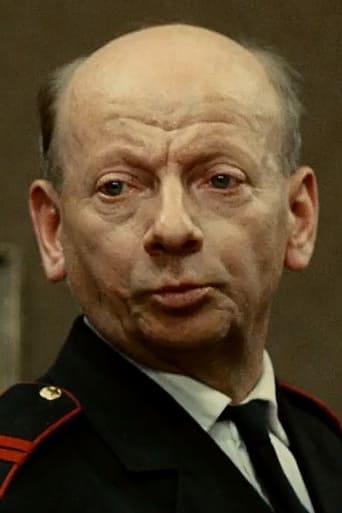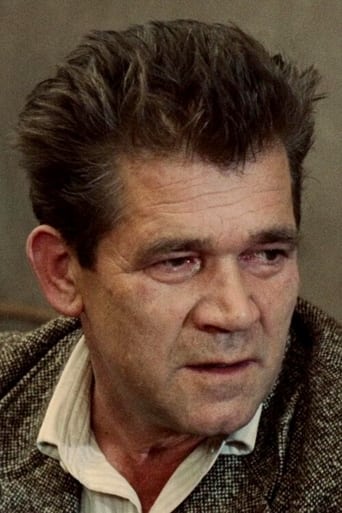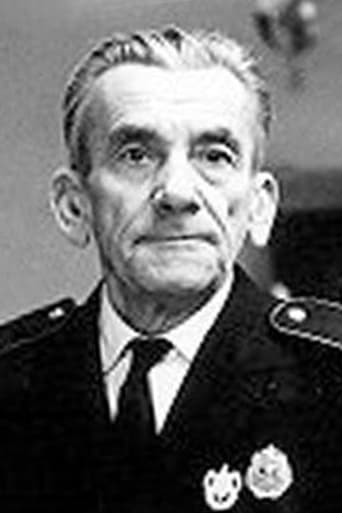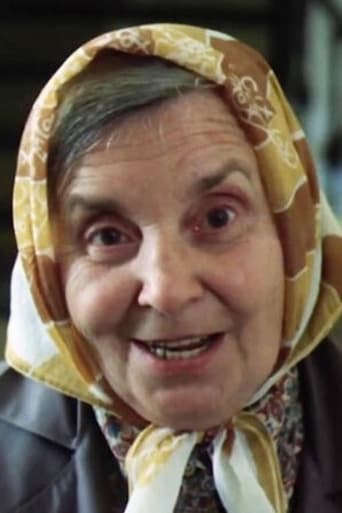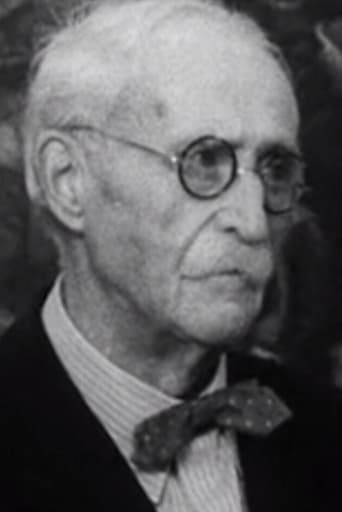Petri Pelkonen
The volunteer fire department in a small Czech town organizes a ball in a town hall with lottery and a beauty contest.They also plan to give a small fire axe as a 86- year old birthday gift to their honorary chairman who has a cancer (which he doesn't know).But things start going as wrong as they possibly could.Hori, Má Panenko (The Firemen's Ball) from 1967 is directed by Milos Forman.The other of its producers is Carlo Ponti.The movie uses mostly no real actors.The firemen are real firemen of the small town where it is set.But all of those people do a fine job.Jan Vostrcil plays Head of Committee.Josef Sebánek is Committee Member #2.Jan Stöckl is Retired Fire Chief.The movie has got some scenes to make you amused.It's most amusing when the man and the woman go under the table to play with each other.And when one of the beauty contestants takes off her clothes.Or when the old man starts walking towards the stage.This is the first film Forman shot in color.It is also the last film he made in his native Czechoslovakia.Then he went on to America to make some classics.
jzappa
Milos Forman's $65,000 black comedy, which clocks in just above one hour, takes place as small town firemen reckon on their festivity, are present at it, and endure it. They've arranged the titular ball in honor of their former chief, though it may be in the chief's eleventh hour. The beginning scene seems to promise an airy screwball comedy with lines like, "We should have given it to him last year, when he was 85 instead of now when he's about to die." As is made clear while the simple men theorize on the reasoning contrary to that observation that the antiquated fireman, diagnosed with cancer unbeknownst to himself, will be awarded a princely little fire ax in a velvet-padded box. Following this opening scene, a fireman balances carefully on a high ladder to carefully singe the sides of a paper banner until his ladder loses its footing, he is left dangling, and the poster bursts into flames. Beyond these actually quite underplayed scenes, the comic feel diminishes in consistency.One scene which stands out is easily one of the funnier moments, but even still it could have been funnier: In the course of the ball, a local barn catches fire, and the firemen rush the rest of the town to the scene. But their truck getting stuck in the snow is much more pivotal and potentially funny than its execution here, as by the time they get there, the barn is overcome by an inferno. Nonetheless, there are laughs to be had at this point: The sullen farmer is staring longingly at his blazing barn, the firemen heed the suggestion that his chair be turned away from it, but the farmer simply turns his head to continue staring longingly at the barn. And when the farmer whines that he is cold, the firemen do the only thing they really can and move his chair closer to the fire.The swelling to that scene consists of the firemen's struggle for a beauty pageant, with the queen deputized to bestow the ax. They fill a table with raffle prizes that are salivated over, as implied in a very restricted sense within the context of the film's time and place. So, the prizes begin to depart a bit too early from sight. The beauty pageant is a catastrophe of ignorance and disorganization, and not least owing to hardly any of the neighborhood girls, none of whom are beauties, have any desire to be involved.Siding very much with the film itself concerning its treacherous political history, Forman is not scoffing at his characters, but at the system they populate. Frankly, I think the censors knew this when they condemned it as a damaging picture of Czech society, because that is the reactive approach in a fragile system that panics about criticism. Censors have always feigned the role of patriots, regarding any criticism as unpatriotic, when in effect criticism is a patriotic responsibility. Even now here in America, when the media is judged for disapproval, it most often merely signals that someone has had the nerve to probe the guiding principles of the party in power.So, this presently obscure installment in the tremendous Criterion Collection appeals to me as a historical example, particularly with which to further open the elements of the Bush administration, and not so much for the film's content in and of itself. As a raucous comedy by Milos Forman, it today sponges no oomph from its hazardous time, as it clearly did then. And it is as a indirect topical commentary where this film gains momentum, and alas Forman cleverly for the sake of his film's spirit did not urge his political arguments, leaning back with a grin to let them make themselves, insinuating with poise from the histrionics.
poe426
I'm sure that there are those who will look at this film as little more than a "busman's holiday" tale (a "busman's holiday," for those of you who aren't familiar with the term, refers to a bus driver who works all week driving a bus only to end up spending his days off riding the bus), but my own "political awareness" came in November of 1963. I was just a kid, but I remember it all very well: my mother crying, my father (a World War Two vet) staring at the television coverage like he'd been beaned with a hammer. My "political education" resumed in 1968 with not one but two more murders. In an age when we can only look to comedians like Bill Maher, John Stewart, Louis Black and documentary filmmakers like Michael Moore for the truth, THE FIREMEN'S BALL comes across as much, much more than a busman's holiday...
N. N.
"Horí, Má Panenko" is a very intelligently lain out film about people - people in general.This kind of comedy always comes in handy when there's a huge public effort underway to turn them into heroes. The lay out is intelligent, because it focuses on old people, of whom such propaganda would speak of as unpleasant residues and who are hence free to behave in any unpleasant way.Old people from a small village somewhere in the province. That makes it even safer.So, after establishing that there's enough room to deflect any criticism of doing that what one is actually doing - namely using the unpleasant residues as a mirror image of the so called heroic elements of society.And what to say, people are nasty! They steal and portray themselves as St. Martins at the same time. They steal and make those who suspect them of that look like senile paranoiacs. They envy others property and hide it behind well meant care for them. Essentially, it's a film about people who want to have that what they like for themselves without thinking about other people. They don't always get what they want, but they always want the best, even if they are ever so small.The high light of the film is the fate of the lottery, "Moe" should have watched this, at least he'd kept his trousers then. But though the "Simpsons" film is funny, the original is even funnier.


